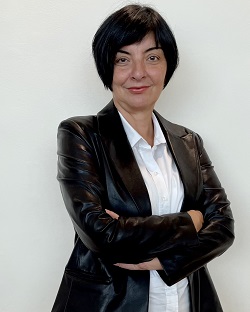
Omics Sciences
Proteomics

The proteomics research area takes advantage from advanced mass spectrometry technologies to provide both accurate protein micro-characterization and large scale proteomics analyses in a large number of scientific projects and collaborations. A constant focus is kept on providing support in the interpretation of the results.
Research activity
Targeted quantitative proteomics: the facility developed a Parallel Reaction Monitoring (PRM) method for the specific quantification of proteins of interest. An example is the quantification of myosin heavy and light chains in human heart biopsies with the aim of studying alterations associated with left ventricular hypertrophy in patients with cardiomyopathy. The PRM assay, performed in the high resolution and high mass accuracy mode on the Q-Exactive mass spectrometer, was crucial for the specific quantification of single isoforms with very high sequence homology (in collaboration with Dr Foglieni and Prof Camici, Myocardial diseases and atherosclerosis Unit, IRCCS Ospedale San Raffaele).
Label-free approach for discovery-based proteomics: the facility was involved in the definition of plasma membrane biomarkers in the context of hepatocarcinoma to discriminate different aetiologies such as HCV versus metabolic disorders and define patients' tailored therapy (in collaboration with Dr Lopalco, Division of Immunology, Transplantation and Infectious Diseases, IRCCS Ospedale San Raffaele).
Recently, FFPE samples (1 cm x 2 mm x 5 µm) from stereotactic biopsies have been successfully analysed to define the differential protein profiling in several samples.
Quantitative Post-Translational Modifications (PTM) analysis: Among the several PTMs, the ProMeFa laboratory has exploited a method for quantitative phosphoproteomics studies in cells and tissues, as in the case of medulloblastoma samples (in collaboration with Dr Galli, Division of Neuroscience, IRCCS Ospedale San Raffaele). Moreover, using the PTMScan kit (Cell Signaling Technologies), the ProMeFa laboratory has developed a strategy for the characterization of the acetylome in cells and tissues (in collaboration with Dr De Palma, University of Milan).





